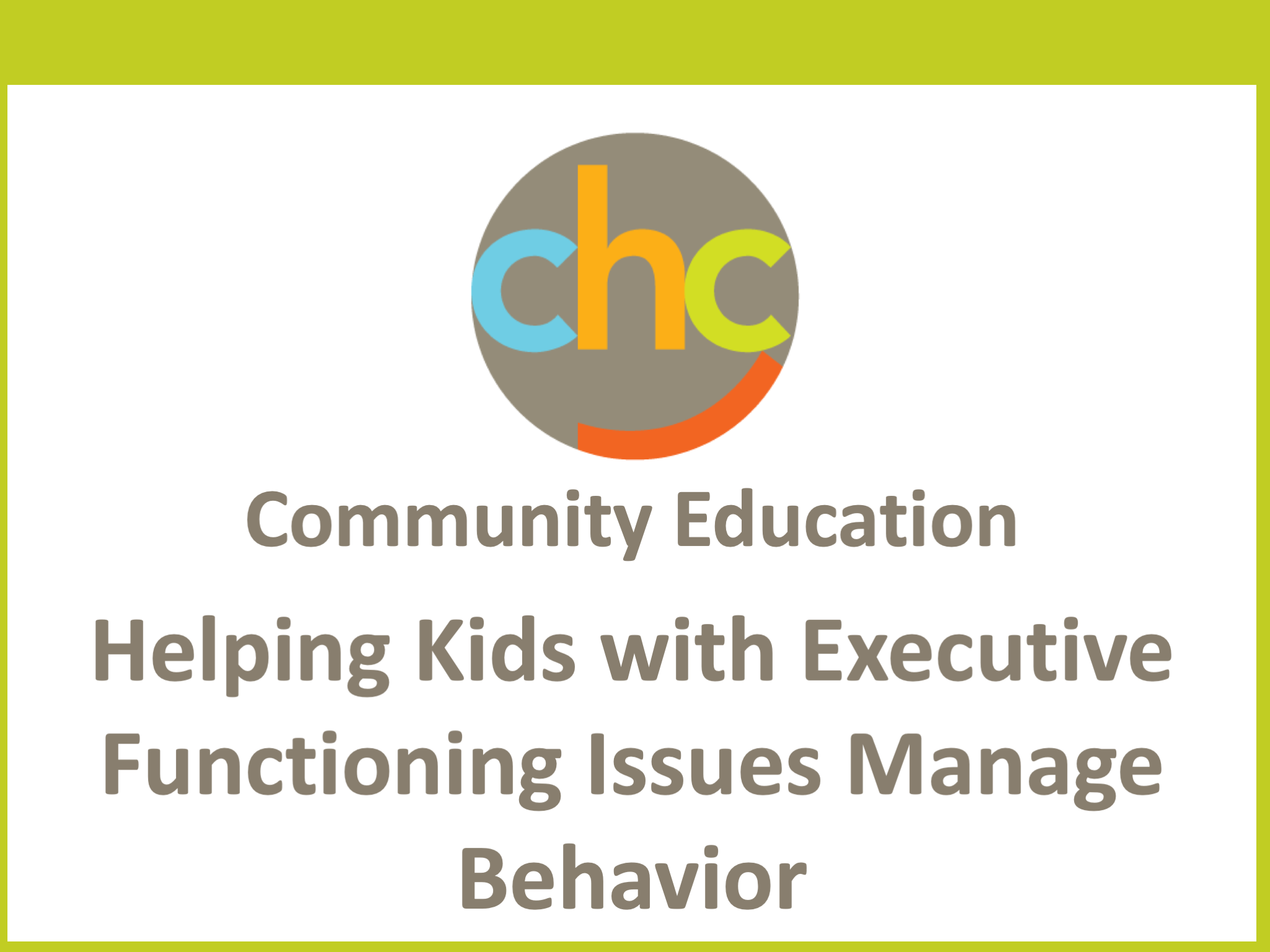Reducing Isolation & Anxiety in LGBTQQ+ Teens [presentation] [video]
Do you have or know a child who is questioning gender identity or has identified as LGBTQ?
Hear about how you can support these youth in this session presented by Ryan Fouts, LCSW, Outlet Program Director at Adolescent Counseling Services (ACS). Read more ›
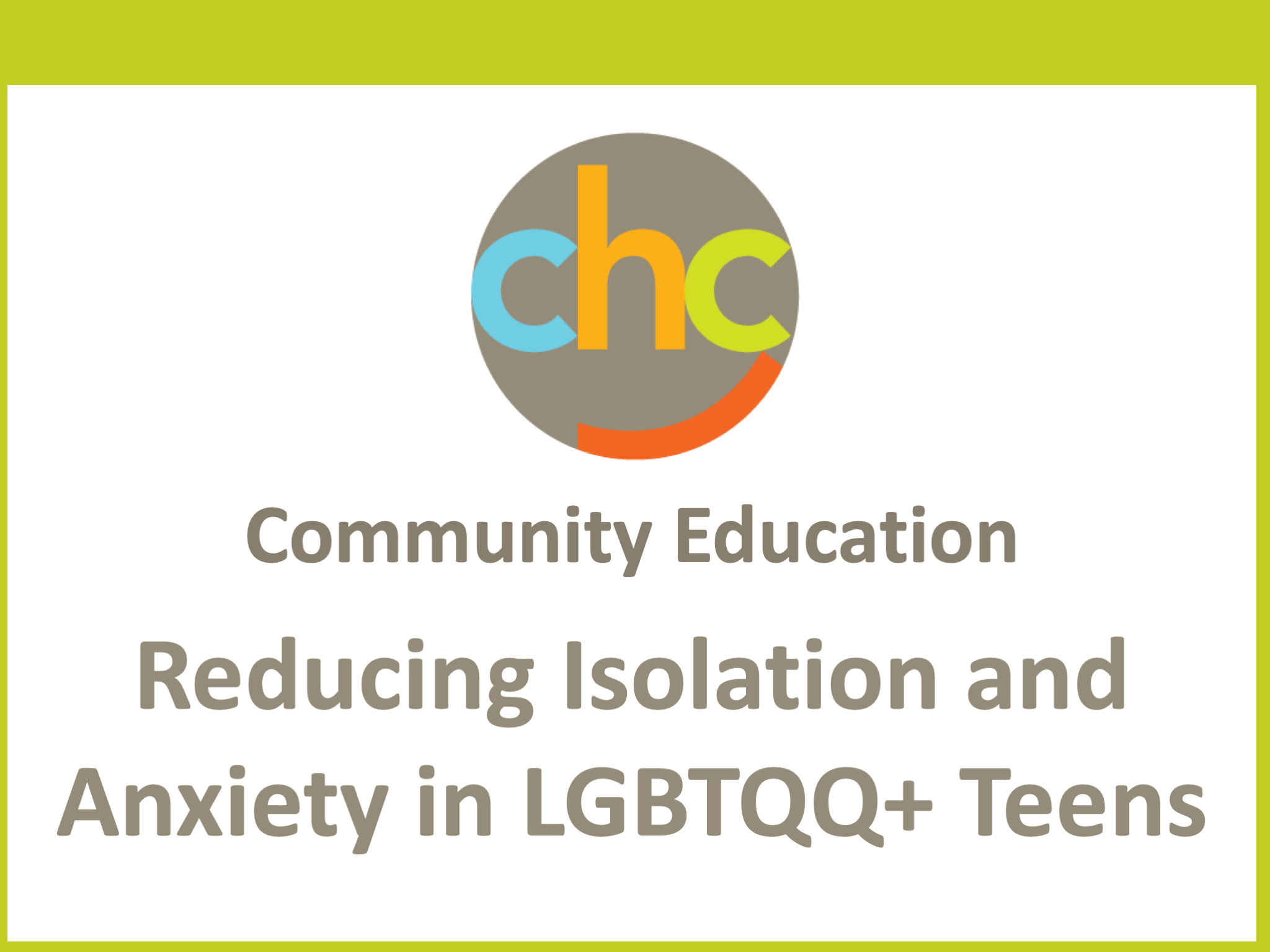
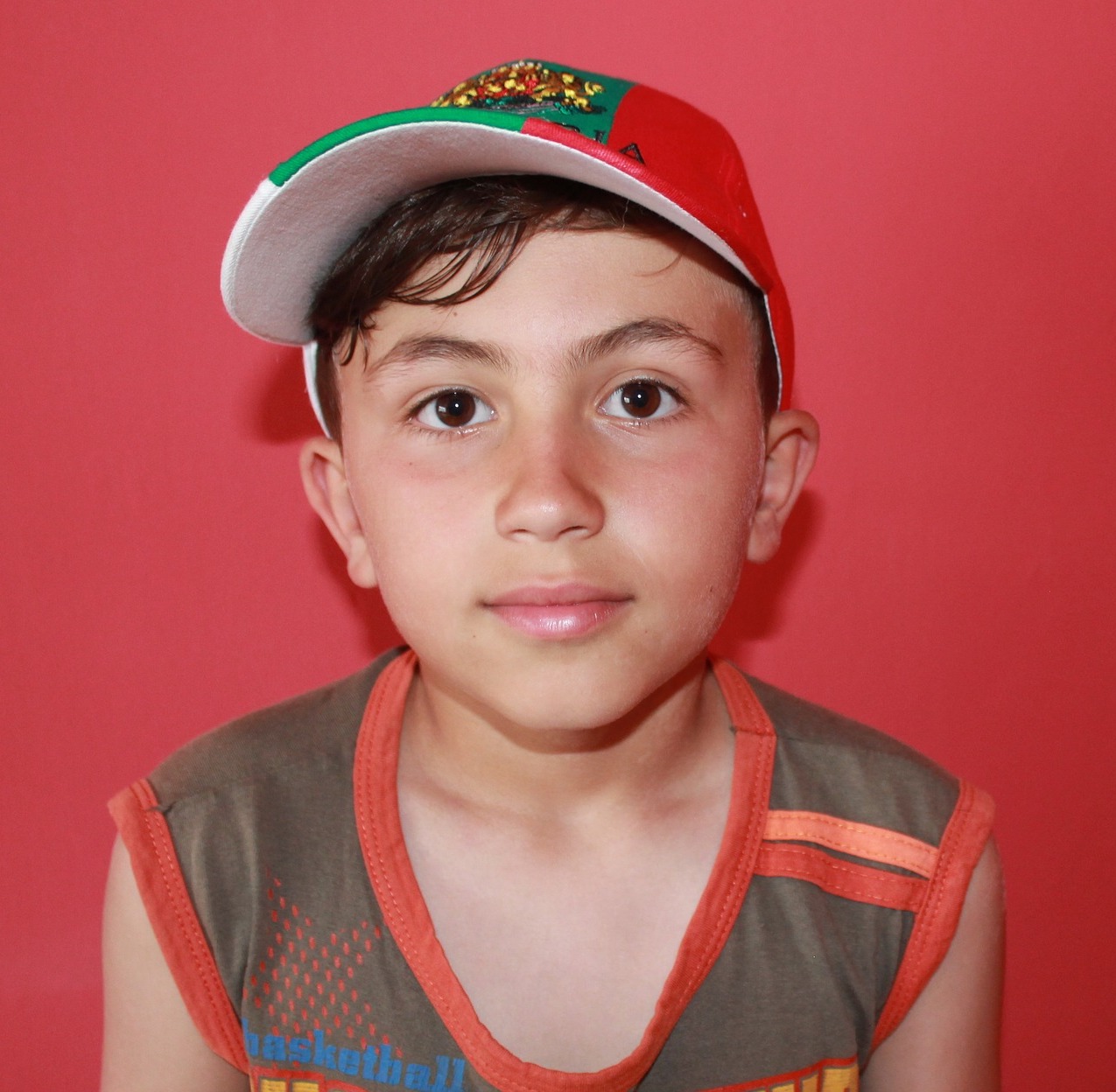

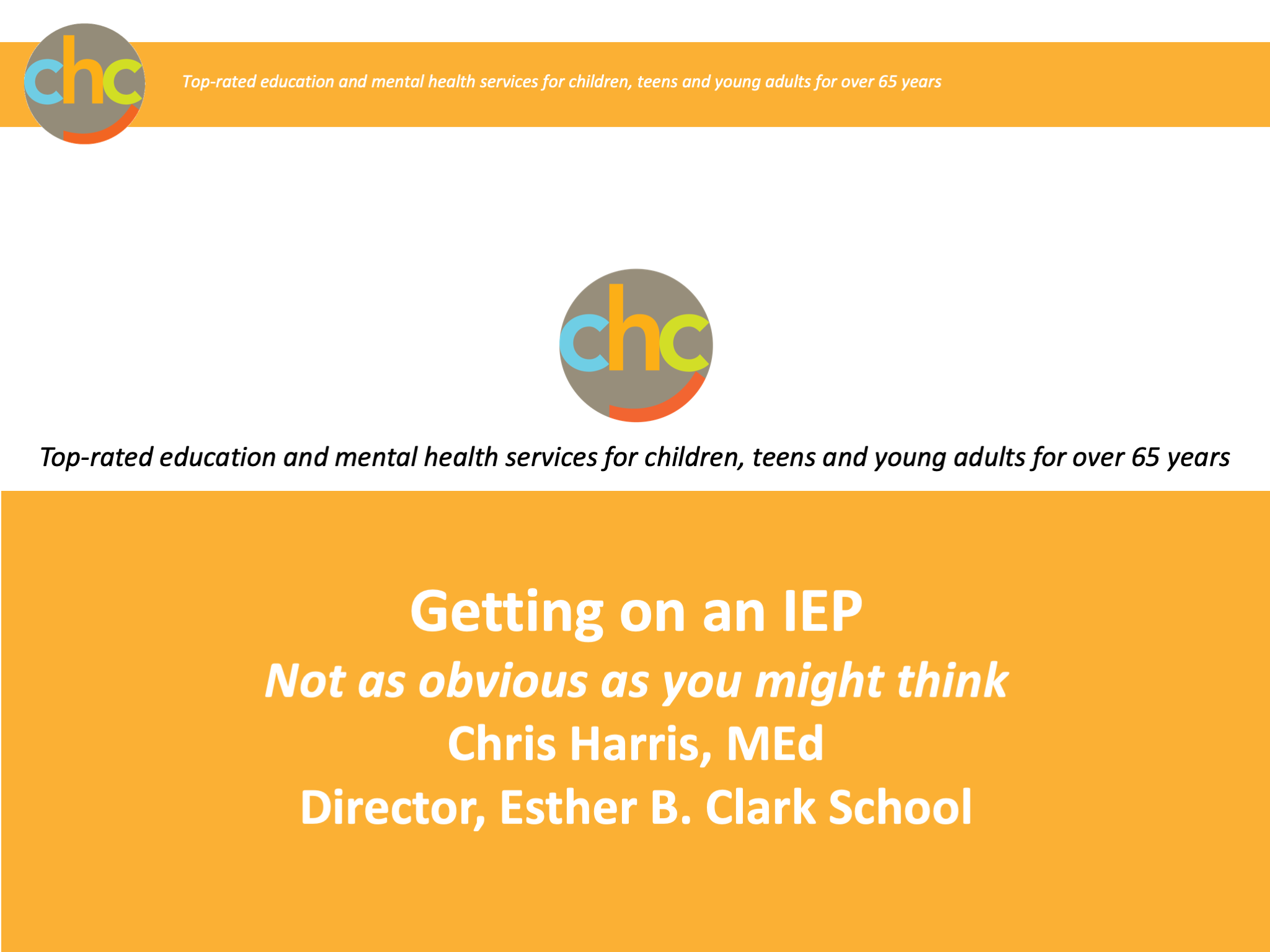
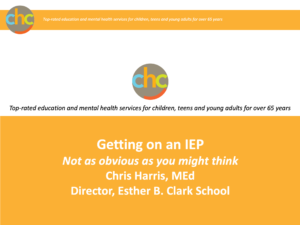 An IEP, or Individualized Education Plan must be in place for a student to receive special education services.
An IEP, or Individualized Education Plan must be in place for a student to receive special education services.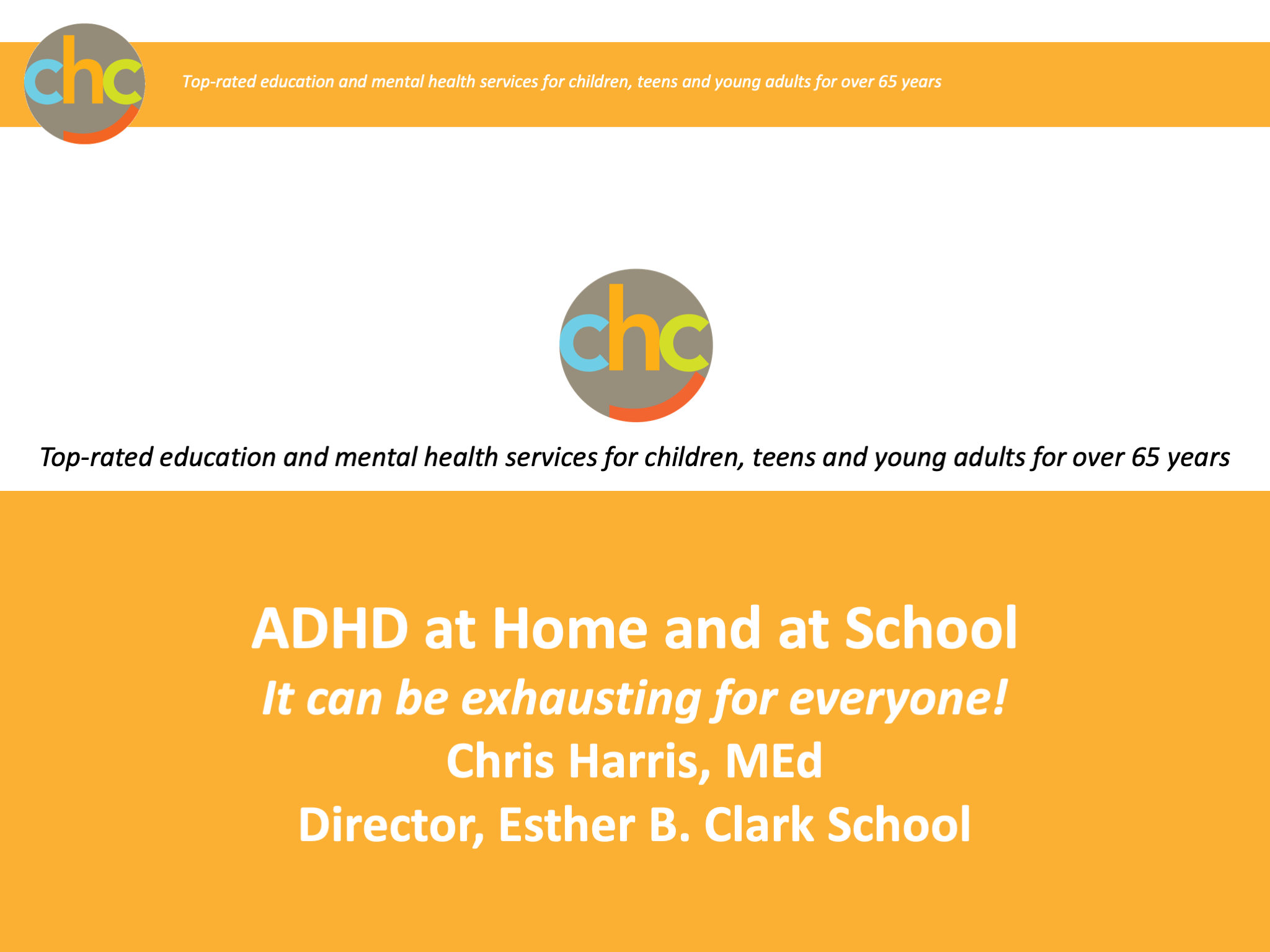
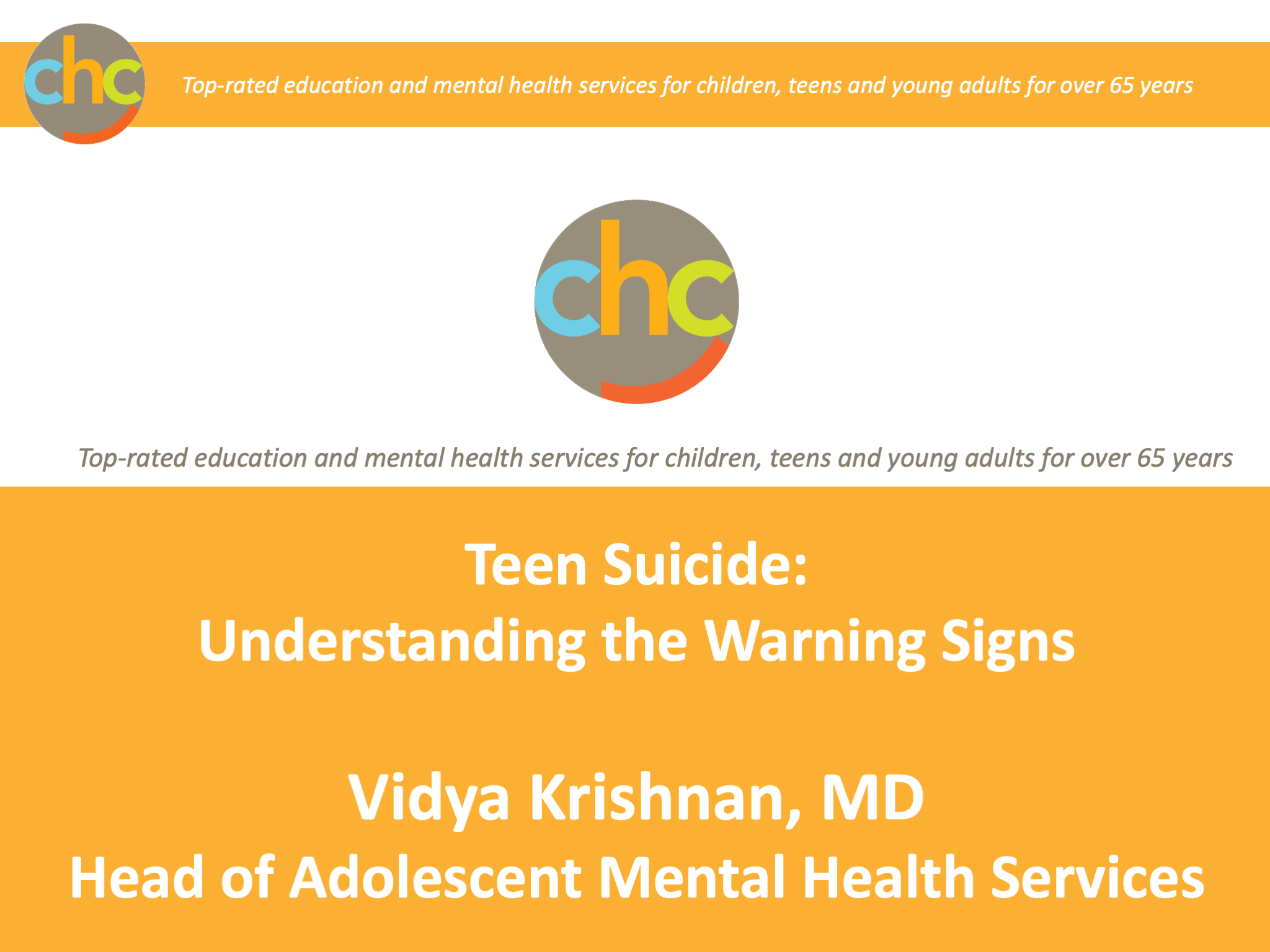
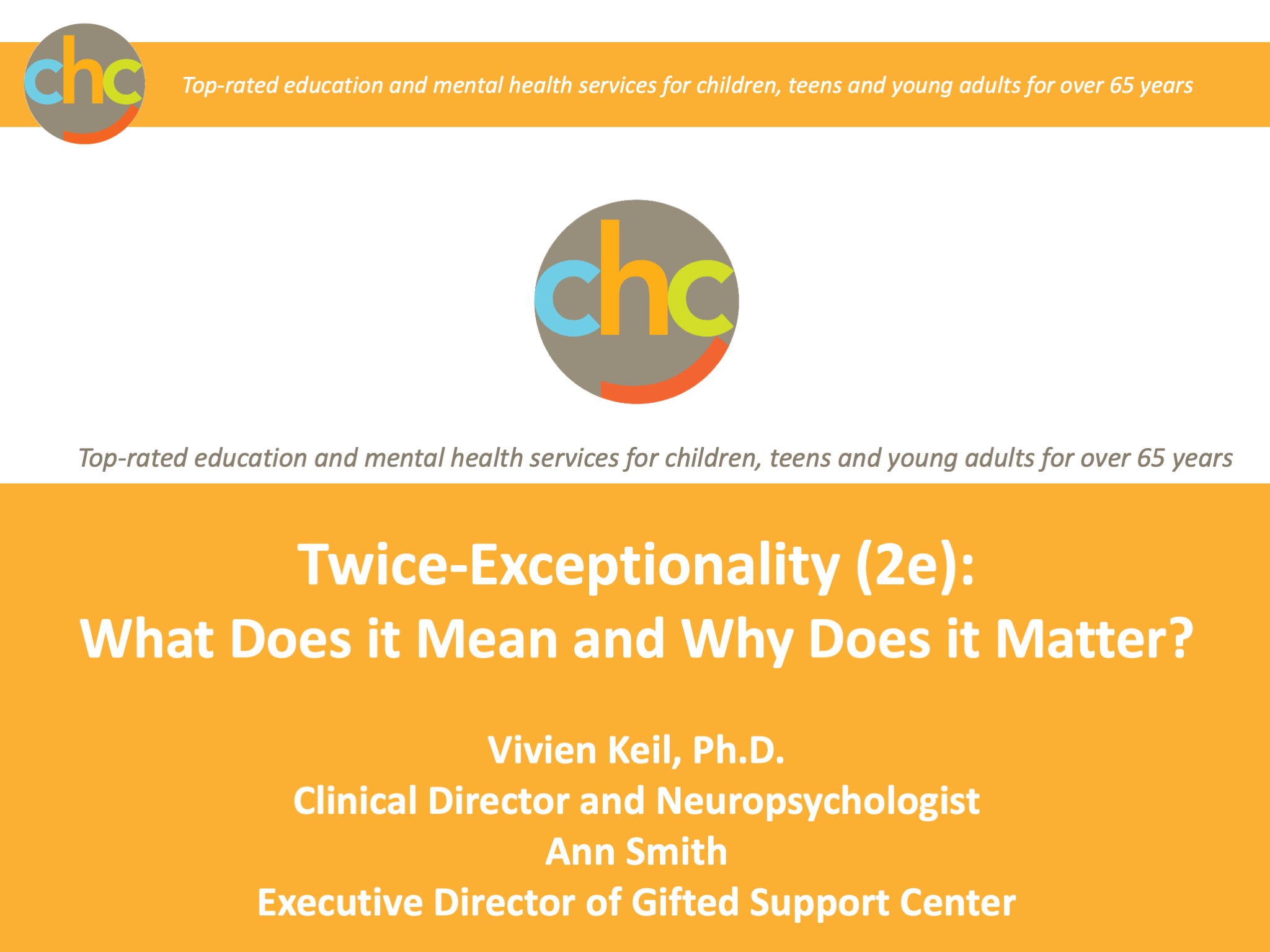
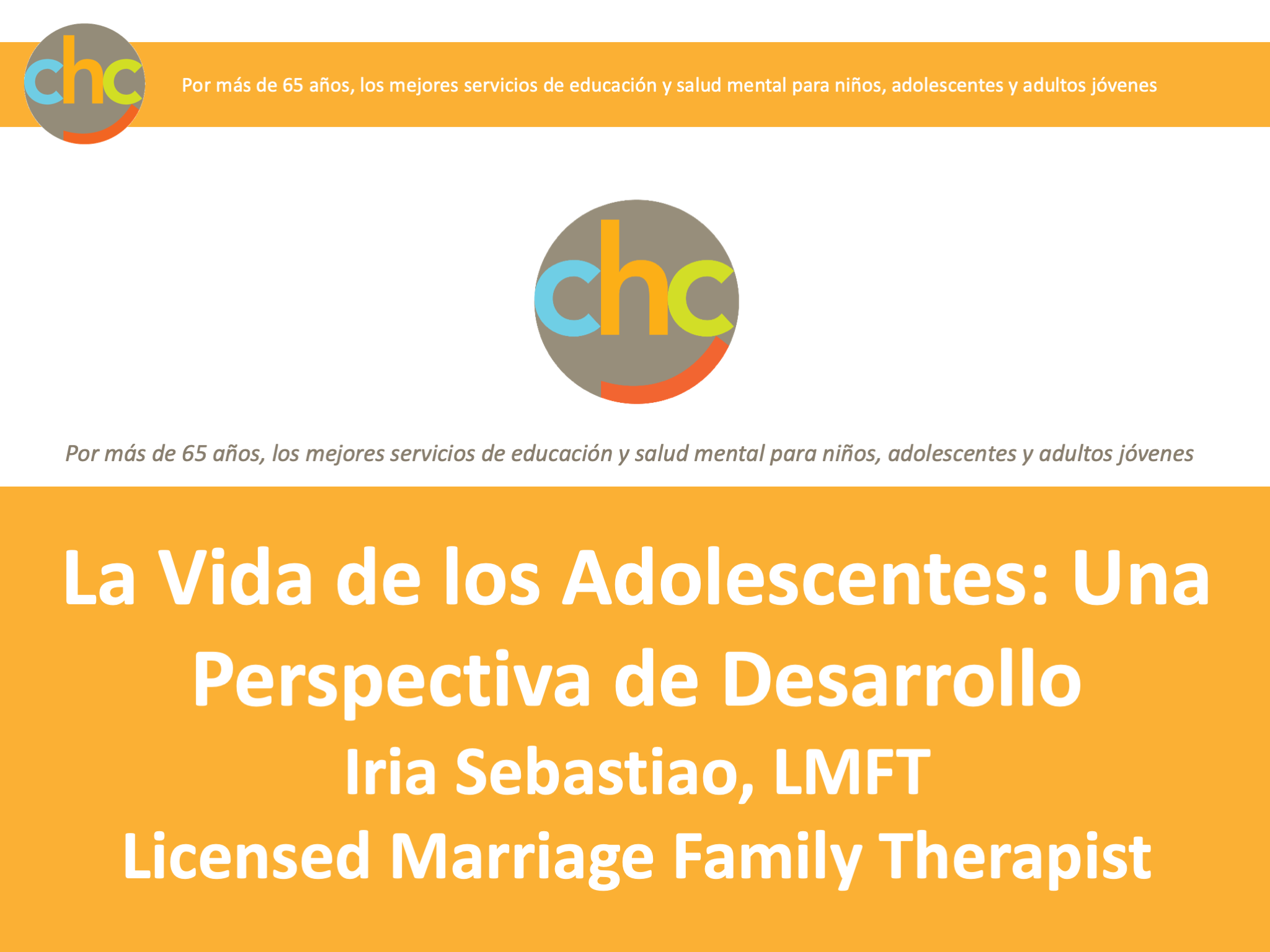
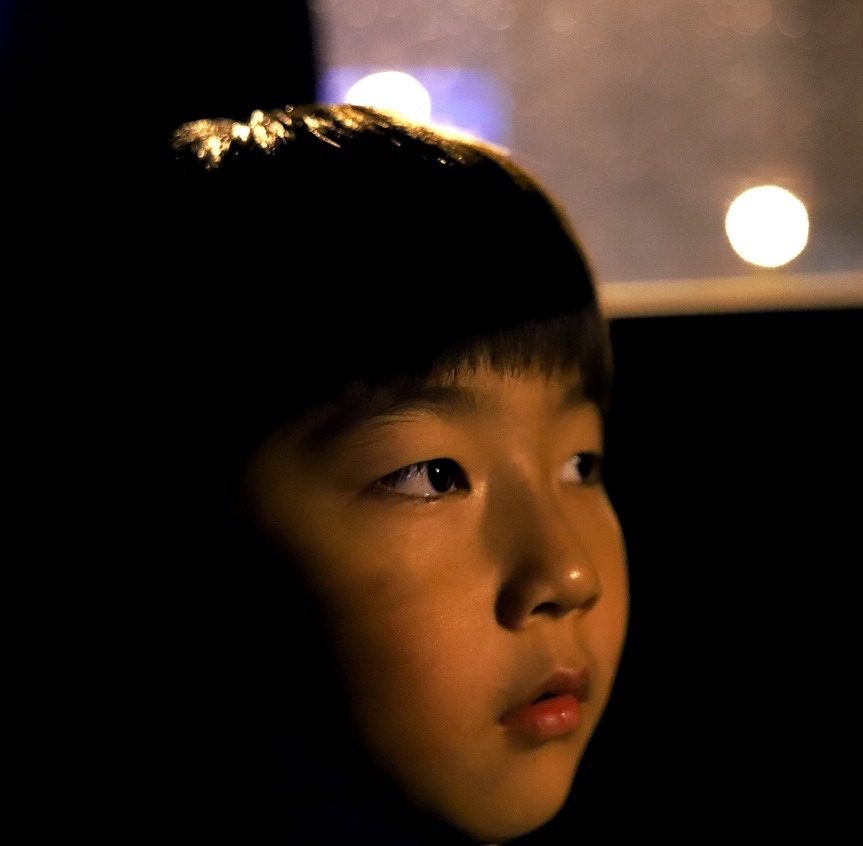
 These frequently asked questions about bullying are extracted from key concepts presented in the California Department of Education’s publication titled
These frequently asked questions about bullying are extracted from key concepts presented in the California Department of Education’s publication titled 